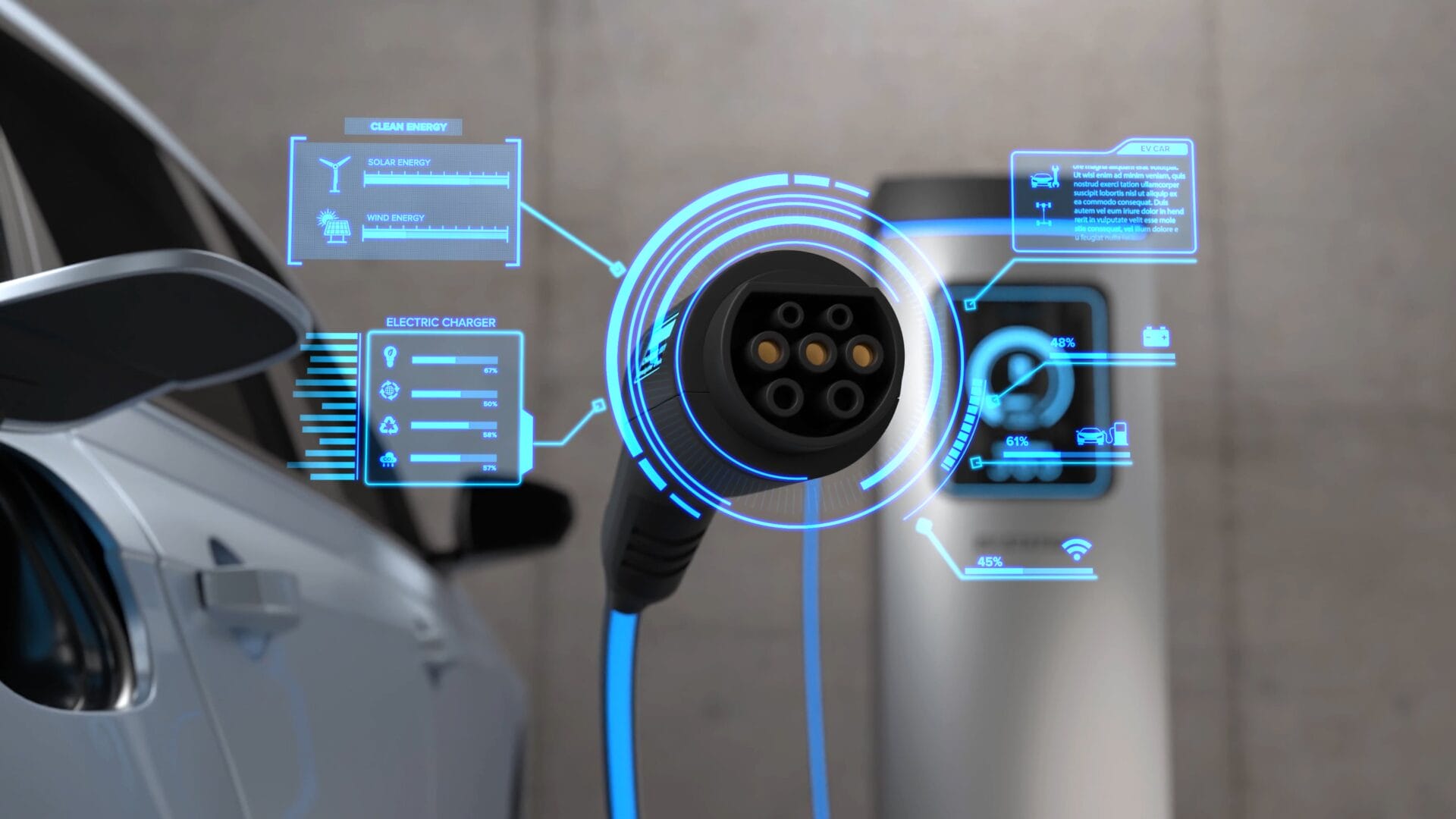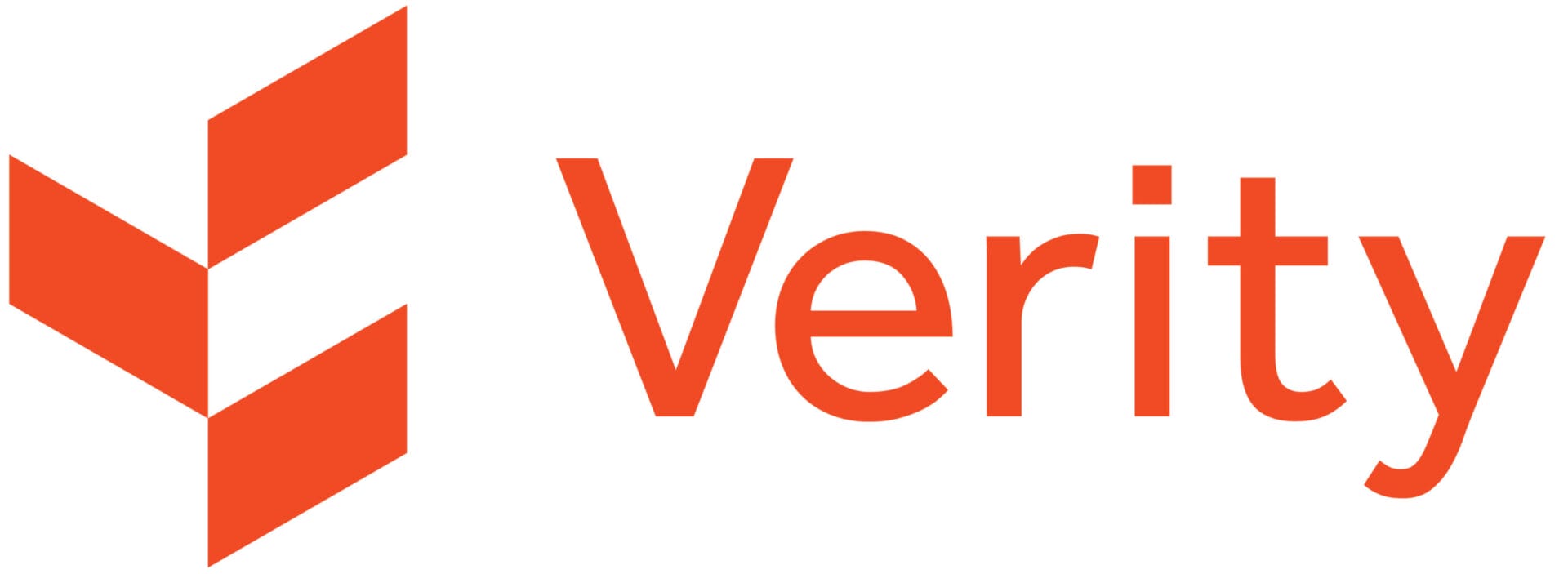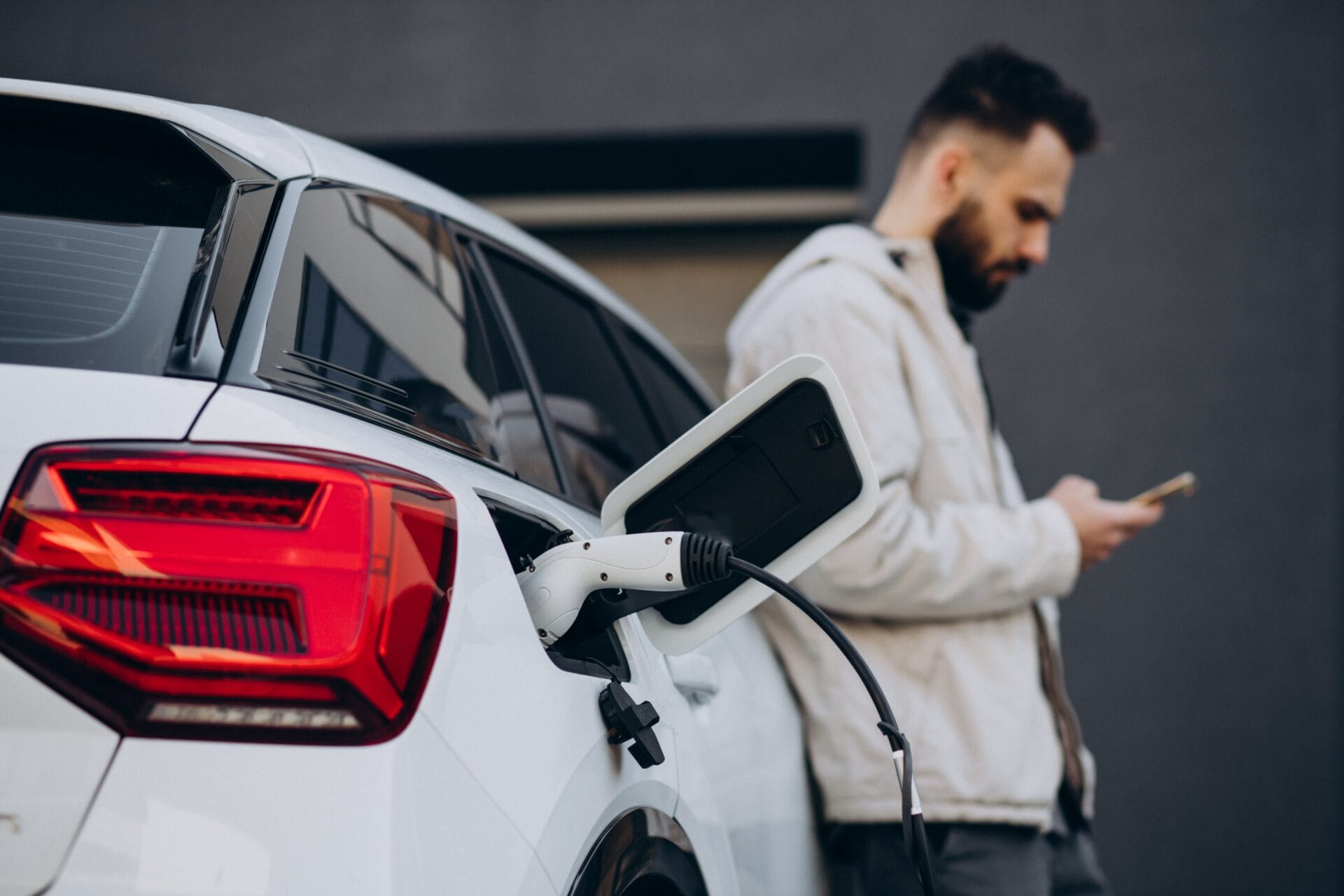Solution Highlights
- Created a smart power management system to schedule power limits for EV stations
- Ensured optimized use of energy and cost-efficiency with the system launched
- Set up data analytics to monitor energy use and limits at charging points
- Added electricity cost reports to check how much users spend on energy consumption
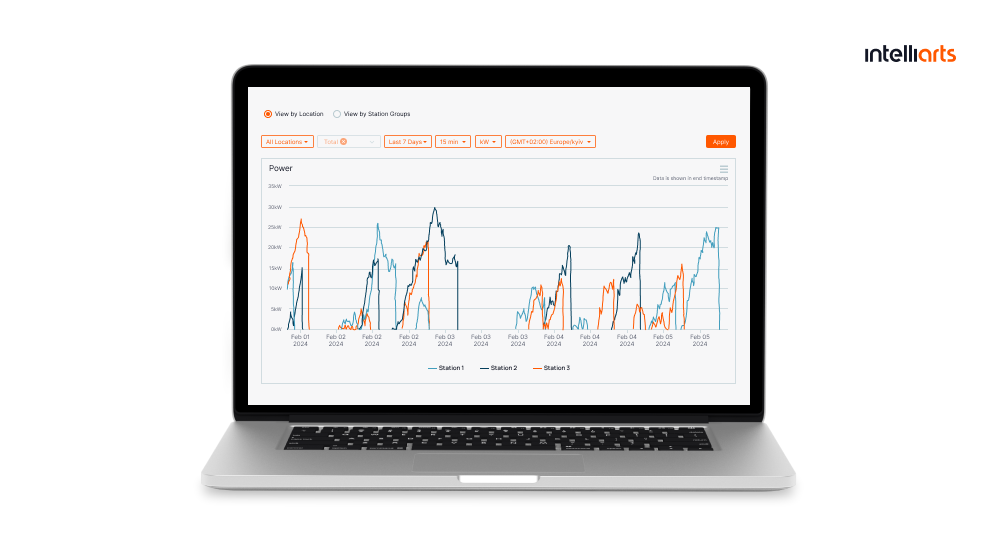
About the Project
Customer:
Our partner is a bold innovator in the EV market that produces modern EV charging solutions, including an expanded network of locations with turn-key certified charging stations, an EV driver app, a software platform and intelligent analytics, and more. Its customer base consists of companies and organizations, as well as governments and NGOs, that rent the infrastructure and EV management solutions as part of their sustainability initiatives.
For the last few years, Intelliarts has helped the company to develop a platform for EV charging management, working for so-called middleware that lies between charging points and the end users.
Challenges & Project Goals:
To provide more value to the charging site hosts as its end users, the EV company wanted to add an EV energy management system. The end goal was to optimize the energy consumption of EV charging stations and, thus, mitigate the effects of climate change and maximize the cost-efficiency of stations.
Solution:
Over the course of our collaboration, Intelliarts built a local power management system that helps users schedule power limits for any time period for one or more stations. In the long run, users win on lower demand chargers, can meet utility power constraints if any, and minimize energy consumption during costly peak periods.
Cloud Services, IoT Solutions
Technology Solution
Smart power management
On our partner’s demand, Intelliarts created a flexible and transparent energy management solution that would allow operators of EV parking spaces and garages to control and shift the energy load on the location and, hence, lower electricity costs. The site hosts could set various limit schedules for the EV charging stations, and the system ensured the predefined maximum was never exceeded at the charging points in their possession.
Our engineers built the custom solution tailored to the partner’s individual needs by using advanced energy management algorithms. The algorithms made it possible to automatically shift the load of charging based on the dynamic electricity grid and renewable supplies. In the process, we also discovered that both kilowatts and amps were used depending on the stations so we had to convert them to one unit of measurement before proceeding any further.
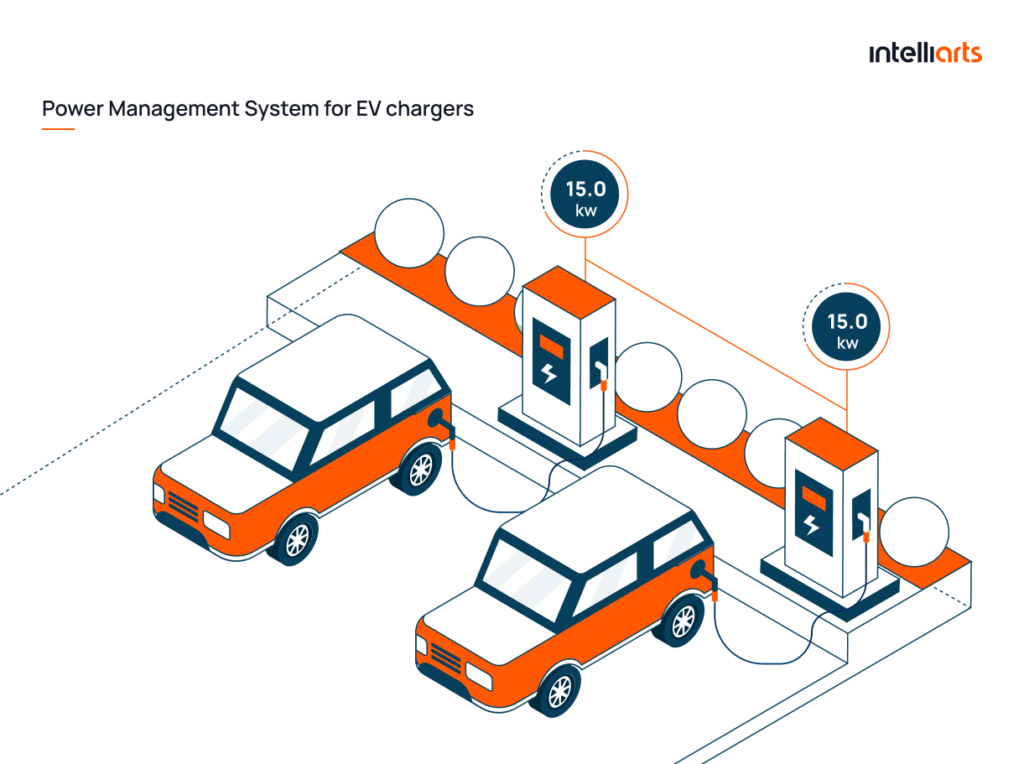
Data analytics
After some time we collected enough data to add analytics, such as the data about energy consumption of charging points and energy limits set at specific locations. With this new feature, site hosts were able to monitor and analyze their energy consumption by using tools like interval visualization, reports, and dashboards.
We also added an electricity cost feature, where a user could track how much they spent and saved on energy usage. Among other things, hosts could check their utility rates, the total costs spent on energy, and the costs per kWh spent on the specific EV charging location. Besides, users could download a report with the necessary cost data.
API integration
Our expert team then created APIs so the end users could manage power usage on their EV chargers automatically and build their own solutions on top of this if needed. By linking their algorithms to the charger energy consumption, site hosts could control energy use without effort.
Off-peak charging and random delay
Finally, we set up a gradual decline in power to be in line with the UK smart charging regulations. According to the EV Smart Charge Points Regulation 2021, EV chargers should be configured by default to avoid charging at on-peak hours, from 8 to 11 am and from 4 to 10 pm on weekdays. Besides, EV charging points should come with a default feature of a random delay included in their charging schedules, ranging between 0 to 600 seconds. This means that if a user schedules changes in power consumption, these shouldn’t happen instantly. The idea behind the regulation is to protect the grid, i.e., to help it stay stable at on-peak hours by reducing the amount of charging.
As per the requirements, our specialists built a business logic according to which the charging stations should reduce power one by one. Although developed for the British audience, this feature became available to any user of the EV charging company.
Business Outcomes
The energy management system that we launched was a win-win solution for everyone, including the EV charging company that we partnered with, the site hosts as their clients, and the EV drivers as the end users of the EV charging stations.
Here are the key business outcomes of the renewable energy solution built by Intelliarts:
- Optimized use of energy: The smart power management system we created ensured the right amount of energy was spent at the right cost. The EV charging company, as well as its clients, should no longer worry about power demand fluctuations that usually happen during peak hours and that often lead to hefty electricity bills. The site hosts got control over unpredictable charging loads managing them directly through the energy management platform or developer APIs.
- Cost-efficiency: The solution helps to lower electricity bills in a few ways. First of all, the end users (site hosts) can avoid infrastructure updates and expanding electrical capacity, especially if they want to install more EV chargers. Instead, the energy management system balances the power use and makes sure the charging stations do not exceed the threshold placed for them. Secondly, the system could help the end users shift charging loads to less expensive time, which makes the most difference at the locations where electricity bills are high.
- Longer lifetime of your electrical infrastructure: This was a big plus for our partner, who got a chance to better monitor the health and efficiency of their power infrastructure. The energy management system also allowed to reduce the amount of power incidents and increase equipment uptime.
- Detailed user analytics: Based on data analytics, site hosts can get a fuller picture of their energy usage habits. As a result, the users could identify inefficiencies and make data-driven decisions to optimize their energy consumption.
- More quality service: With a more stable and optimized flow of energy within a balanced grid, the EV charging company could offer a more reliable and quality service. Besides, optimized use of power was a great eco-friendly initiative. Together, this could bring happier and more loyal customers to the EV company that we partnered with.



